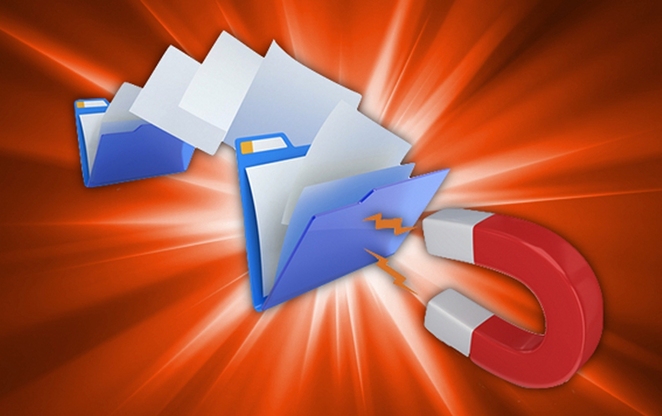TORRENTS: When you download a (.) torrent file, you are essentially downloading a small file that contains information on the larger files you want to download. The torrent file tells your torrent client the names of the files being shared, a URL for the tracker, and more.
Your torrent client then calculates a hash code, which is a unique code that only your torrent has—kind of like an ISBN or catalog number. From there, it can use that code to find others uploading those files, so you can download from them.
Magnet links does not require a tracker (since it uses DHT), nor does it require a separate file before starting your download, which is convenient.
| Pros of Magnet Links: |
| 1. | They do not need a central authority to issue. |
| 2. | They have open nature and platform independence; the same magnet link can be used as long as the system has the appropriate application. |
| 3. | They are more user based, easy to use. All the systems need is an application that can support magnet links. |
| 4. | Since it is user based, it is so easy to share resources. |
| 5. | Most Magnet links application has a search function. |
| Cons of Magnet Links: |
| 1. | Slower speed. |
| 2. | Less control on speed and on the content that is being downloaded. |
| Pros of Torrents: |
| 1. | Faster connection. |
| 2. | Easier to search through the web. |
| Cons of Torrents: |
| 1. | Trackers are needed when downloading content. If the tracker is down and there are no existing connections, then the download may fail. |
| 2. | Some torrent clients do not provide have search functions. (But most torrents would be found from various sources on the Interent) |
| 3. | If a torrent is stored on web for long time, tracker are found to expire, making it almost impossible to find existing seeders or leechers. |
DISCLAIMER: We do not encourage, promote or host torrents, or any form of illegal downloads. Remember, such files may contain malicious content which can harm your device in many ways, so download at your own risk.

 RSS Feed
RSS Feed

